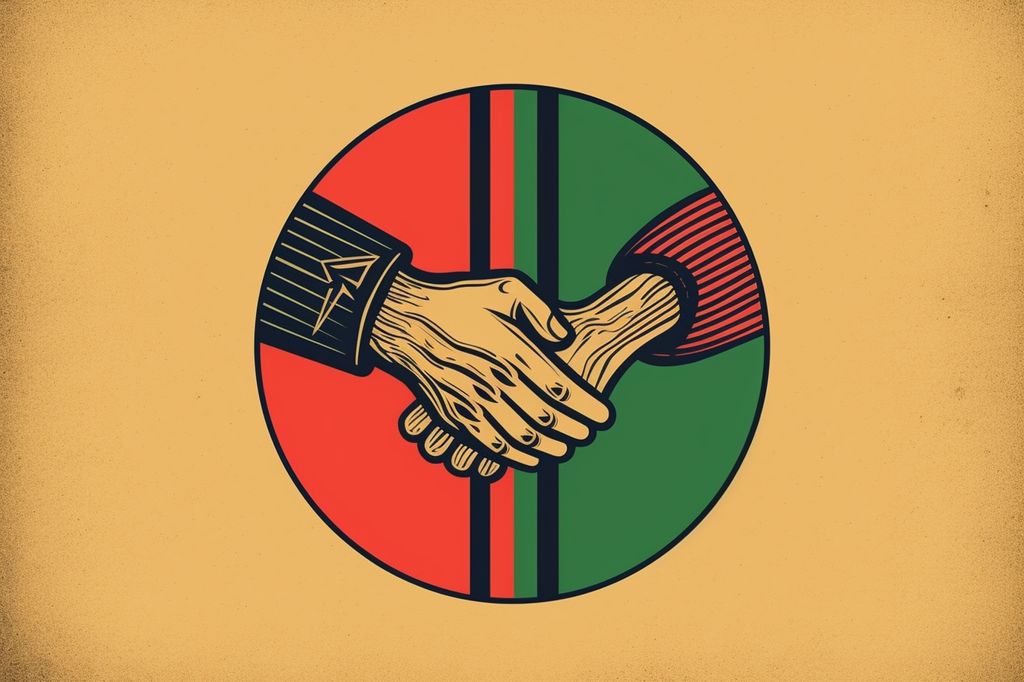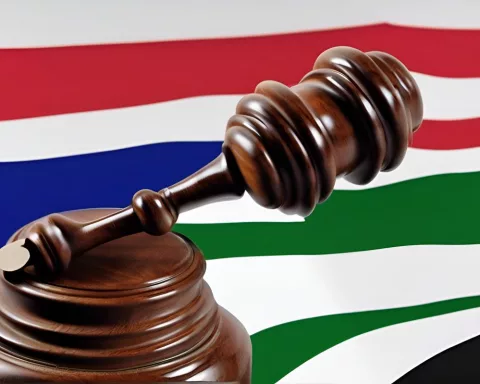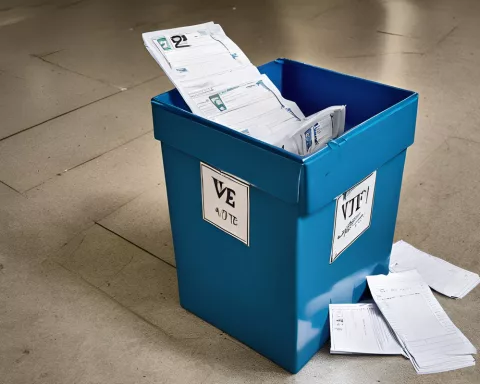The Commission for Gender Equality (CGE) and the Mpumalanga Provincial House of Traditional and Khoi-San Leaders (MPHTKL) signed a Memorandum of Understanding (MOU) in Nelspruit, marking a significant partnership for gender equality and cultural appreciation.
The Importance of Cooperation
The MOU is crucial to ensuring the application and implementation of indigenous and customary laws within the context of gender equality. It also highlights the role of traditional leaders in eradicating discrimination and eliminating gender-based violence.
Strengthening Collaboration
The joint execution and implementation of duties by the Traditional and Khoi-San leaders, as stipulated in the Constitution’s chapter, will further strengthen their collaboration. This historic agreement will provide a solid foundation for enhanced cooperation between the CGE and the MPHTKL in their collective endeavor to achieve gender equality.
A Blend of the Old and the New
The MOU demonstrates the power of unity in addressing historical and contemporary challenges. By weaving together the wisdom of customary laws and the insights of modern democratic principles, it marks a significant step forward in the ongoing struggle for gender equality and cultural appreciation.
Renewed Commitment to Tradition and Progress
The MOU signals a renewed commitment to the interplay between tradition and progress. As traditional and Khoi-San leaders join hands with a modern democratic institution, the potential for mutual learning and growth becomes apparent. Both parties stand to benefit from the exchange of ideas and pooling of resources in their quest for a more equitable society.
Focus on the Role of Traditional Leaders
The MOU emphasizes the role of traditional leaders in promoting gender equality. Their influence in communities, combined with their understanding of local customs and values, positions them as powerful agents of change in the fight for gender equality.
Embracing Indigenous and Customary Laws
Incorporating indigenous and customary laws into the broader framework of gender equality acknowledges the rich tapestry of cultural diversity that forms the backbone of South African society and affirms the need for gender equality efforts to be sensitive to this diversity.
Signing Ceremony
The signing ceremony took place on July 22, 2023, at the Mpumalanga Provincial House of Traditional and Khoi-San Leaders Boardroom. Attendees included spokesperson Javu Baloyi and communications manager Sello Molekwa, who signaled their commitment to the cause and faith in the power of collaboration and unity in overcoming challenges.
The MOU is a bold statement of intent and a testament to the power of unity in the pursuit of gender equality. By bridging the gap between tradition and progress, this agreement sets the stage for a brighter and more equitable future for all South Africans. The wisdom of the past, combined with the insights of the present, will undoubtedly chart a new path towards equality, justice, and cultural appreciation.












